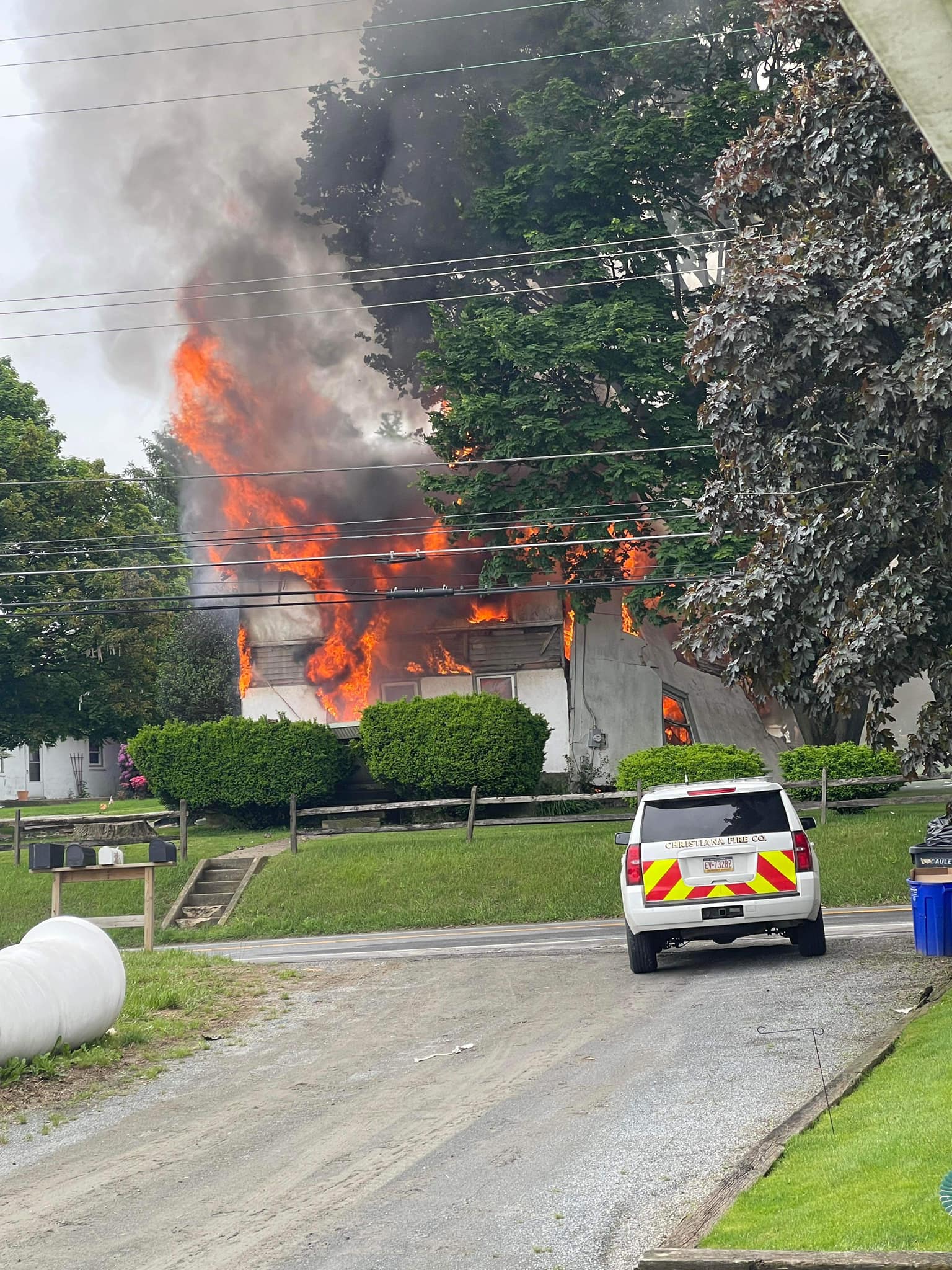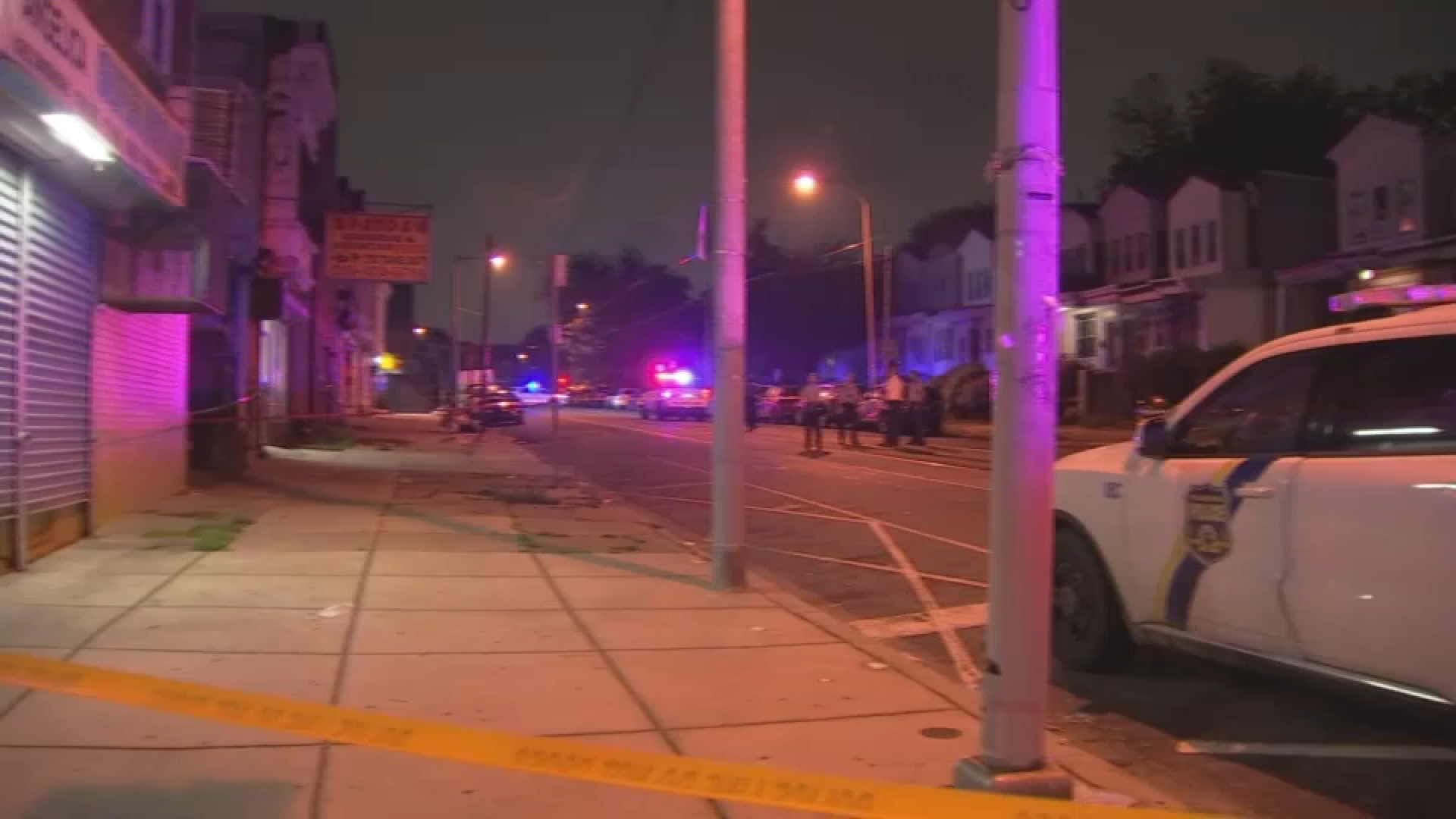
What to Know
- The legislation cutting taxes on income and electric service passed the Republican-controlled Senate on a 36-14 vote Tuesday. Republicans said it would be the largest tax cut in the state’s history.
- In the coming weeks, budget negotiations could revolve around Shapiro’s bid to boost spending by $3 billion, versus the Republican counterproposal to cut taxes by $3 billion.
- Democrats warn that the Senate GOP’s tax bill won't pass in the Democratic-controlled House.
Republican lawmakers on Tuesday advanced legislation for a $3 billion tax cut, their just-unveiled counterproposal to Democratic Gov. Josh Shapiro's budget plan as each side offers a competing vision for how to use a massive cash surplus sitting in the state treasury.
The tax legislation cutting taxes on income and electric service passed the Republican-controlled Senate, 36-14, as Republicans positioned their top budget priority with less than two months until the new fiscal year starts on July 1.
Republicans said it would be the largest tax cut in the state’s history.
Get Philly local news, weather forecasts, sports and entertainment stories to your inbox. Sign up for NBC Philadelphia newsletters.
In the coming weeks, budget negotiations could revolve around Shapiro's bid to boost spending by $3 billion, versus the Republican counterproposal to cut taxes by $3 billion.
Top Democrats opposed the bill, even though it drew support from eight of 22 Democrats, and said that it wouldn't pass in the Democratic-controlled House.
Republicans said the bill was intended as a marker for their priorities after listening to weeks and months of Democrats floating plans to spend the state's considerable surplus.
Local
Breaking news and the stories that matter to your neighborhood.
“What we’re saying ... is if you think there’s too much money in the savings account, then let’s bring it back to the taxpayer who put it there in the first place,” Senate Majority Leader Joe Pittman told reporters in a news conference.
Republicans contended that such tax cuts would improve household budgets and stoke the economy in a state that desperately needs to step up its growth and appeal to keep pace with faster-growing states.
Shapiro’s administration expects to have $14 billion in reserve by the end of June, and what to do with it has been the subject of debate in Harrisburg.
In a statement, Shapiro didn't say whether he supported it but did welcome a conversation about what to do with the state's surplus.
“With this proposal, Senate Republican Leaders are coming to the table and acknowledging that we must invest in Pennsylvania’s future,” his office said.
Democrats sought to attach tax breaks for the lowest earners — rejected by Republicans — and criticized the bill as lacking transparency, having emerged barely 24 hours before the vote.
They also said it lacks any help for public schools, considering last year’s court decision that found Pennsylvania’s system of funding public schools violates the constitutional rights of students in poorer districts.
Sen. Sharif Street, a Democrat from Philadelphia, said that attracting companies and new residents is about more than tax rates. People want a good quality of life, like good public schools and safe communities, and cutting taxes doesn't help Pennsylvania improve its poor track record on funding schools and public safety, Street said.
“It will not attract growth to Pennsylvania, it will not attract jobs and it is a failed strategy," Street said during the floor debate.
The Senate GOP's tax legislation would reduce the personal income tax rate from 3.07% back to the 2.8% level where it was before lawmakers in 2003 raised it to fill a deficit amid a foundering economy.
The bill also would eliminate the 4.4% gross receipts tax on the profits of private electric utilities, a tax that dates back to the 1800s and is passed through to commercial and residential electric customers.
Shapiro's $48.3 billion budget proposal, released in February, envisioned a $3 billion increase in spending, or about 7% while leaning on Pennsylvania’s flush reserves to help underwrite it.
Shapiro's plan would send billions more for underfunded public schools, public transit, services for the intellectually disabled, higher education and major industrial and high-tech projects to invigorate a slow-growing economy.
To balance, the proposal would shrink the state’s cash reserve from $14 billion to $11 billion. It has the backing of top Democratic lawmakers, but it has yet to see a vote in either chamber.
Republicans say that Shapiro's spending plan puts the state on a path to drain the surplus within a few years and require a tax increase, given the state's slower-growing tax collections.
The surplus began accumulating during the COVID-19 pandemic, when billions in federal aid covered some bills the state would normally pay and rising inflation pushed up tax collections on income and sales.
Sign up for our Breaking newsletter to get the most urgent news stories in your inbox.



